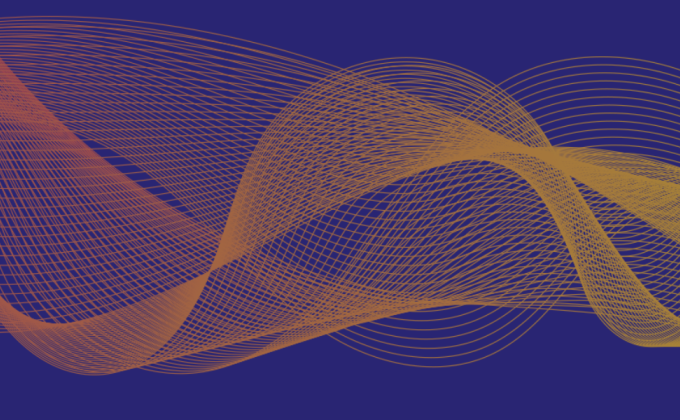As France and the world still reels from the attacks by the so-called “Islamic State” (IS) in the heart of Paris, European governments must grapple with how to react to the escalating threat posed by IS that has seemingly eclipsed that of al Qaeda. While the pressure will invariably be for governments to take decisive action, care must be taken not to let the perceived need “for something to be done” drive knee-jerk reactions that in the end only make the situation worse. It is worth reflecting that the United States’ Government started its invasion of Afghanistan within six-weeks of 9/11, whilst in hindsight, few would argue this was an effective policy.
The fundamental objective of terrorism is to bring about the desired behaviour and action in your target audience through the use of terror. As such what matters in terrorism is not so much the act of terror itself but the re-actions it induces. Hence the success or failure of IS’s attacks in Paris will not be judged by the group in terms of the numbers killed and injured or even in terms of media coverage gained, but rather by the response of France and her allies. Time and time again, in previous conflicts states have fallen into the provocation trap set by terrorists, where acts of terrorism have been used to provoke an over-reaction that has played straight into the terrorists’ hands. Given this, the question that policymakers need to be asking themselves, is what response does IS want to see, and then make sure they follow a different path. It is impossible to know for certain the twisted logic behind IS’s strategy; however, to illustrate my point, below I outline three potential responses that IS may want to provoke. In his address to the French nation after the attacks, President Hollande described the attacks as an act of war, a sentiment echoed by others. The immediate thought that comes to mind, is whether this is setting the foundations for an expanded and multifaceted military assault on IS in its Syrian and Iraqi heartlands? Although, as tempting as the logic of “cutting off the serpent's head” may be, the West needs to analyse any such decision bearing in mind that this might be precisely what IS has intended, i.e. to draw the western allies into yet another intractable insurgency in a foreign land, which will ultimately, as Iraq and Afghanistan have shown, do more for their cause. Similarly, there have been many calls for strengthening the current counter-terrorism laws and provisions across Europe, for example in France and the United Kingdom. Before the attacks, there was much debate about where the balance between liberty and security should lie, in the context of calls for greater powers for the police and security services. A move towards more draconian counter-terrorism laws may well be supported by IS, as they know the burdens of these powers would disproportionately be felt by the Muslim community. By provoking a counter-terrorism crack down, they may hope to feed into the narrative of persecution of Muslims in Europe and further drive the radicalisation of young Muslims in these communities. Conversely, one aim of the attacks may be to provoke a reaction that produces extra pressure on the European population as a whole, not specifically the Muslim population. In the wake of recent Islamist terrorism and especially recently the refugee crisis, Europe has seen an alarming rise of right-wing extremism and in turn increasing polarisation across the continent. Increasingly divided along this fissure, rather than standing united against the extremist threat, Europe risks descending into internal conflict. What greater way to promote this than proving the right-wing’s greatest nightmare true – that terrorists are hiding amongst the refugees fleeing into Europe. Many have even already speculated that the Syrian refugee’s passport (which may even be false) conveniently found next to the body of one of the attackers was planted for that very reason. Exactly what IS’s strategic thinking is, and what response they are hoping France and her allies will follow, will be almost impossible to know for sure. But contemplating this needs to be at the heart of policymakers’ analysis for their governments’ response. This is a time for calm reflections, and not knee-jerk reactions that risk giving IS exactly what they want.








